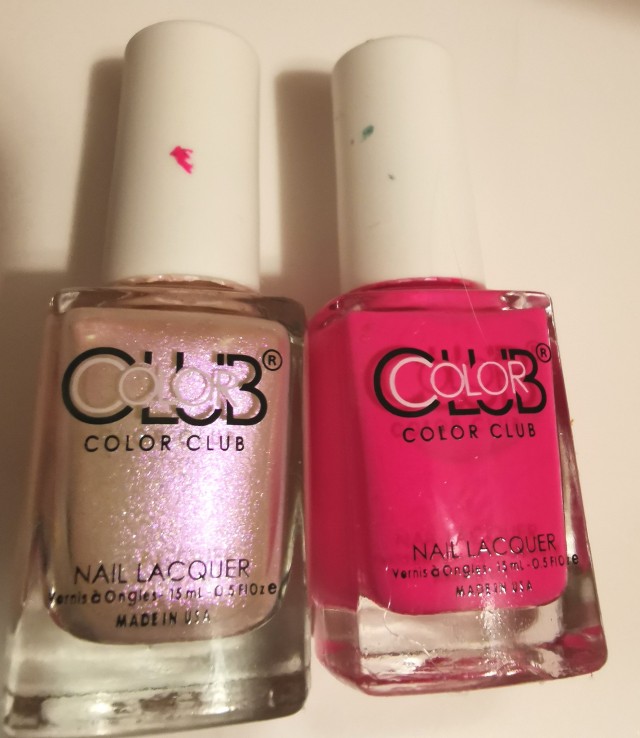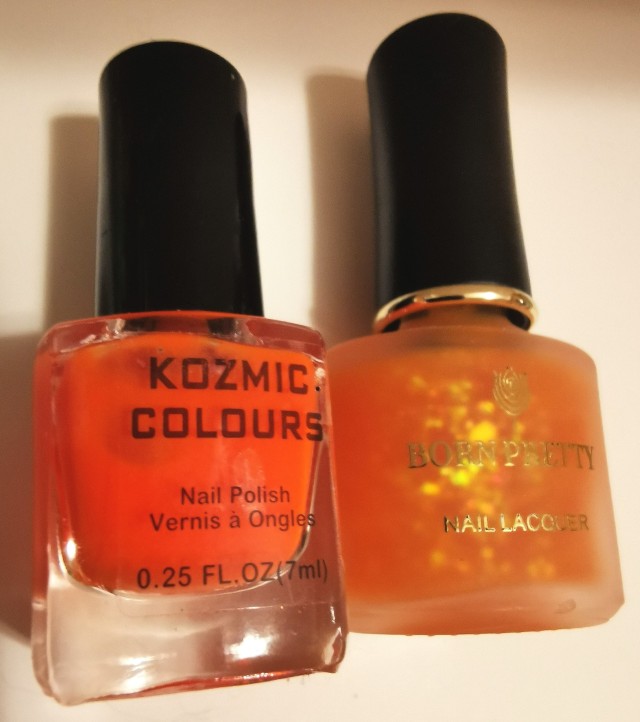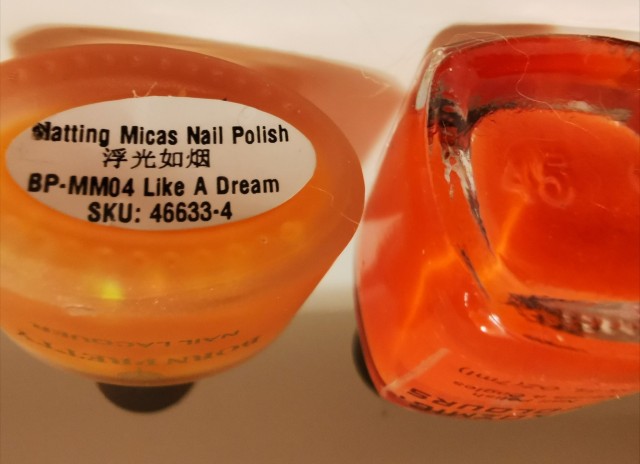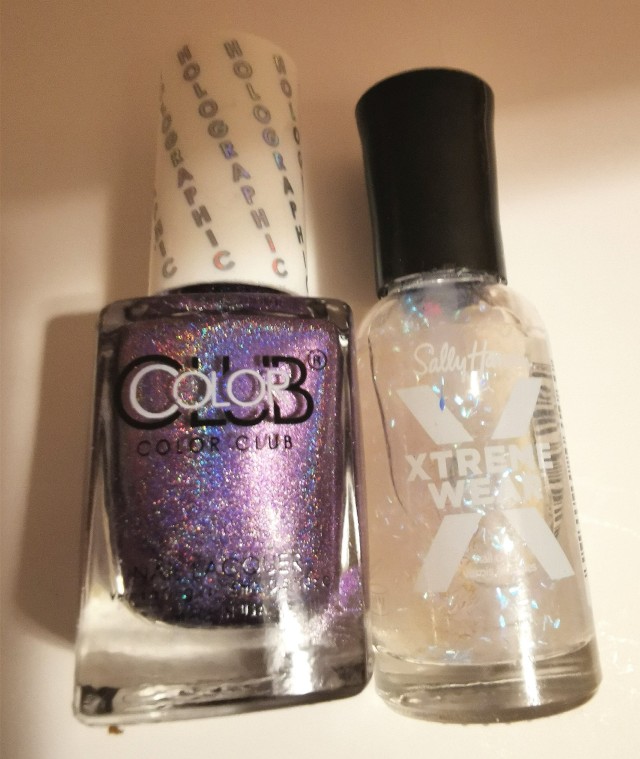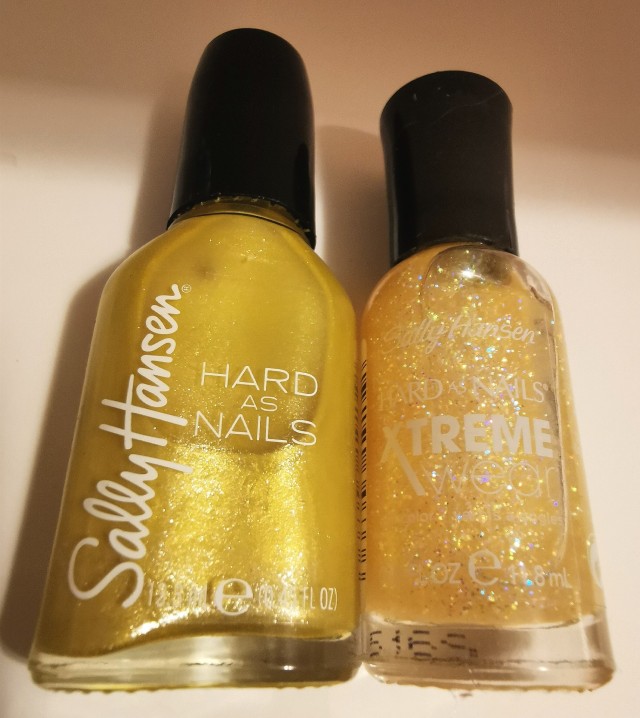Contrary to
what is represented in most modern media, there are a lot of different types of
trolls in the Nordic tradition. As a Dutch person my
research is necessarily second-hand, but here is a short introduction of “the
common troll” as depicted by the stories I know from various countries:
Norwegian Trolls
Appearance:
Very large, almost giant-like, scary and aggressive looking. Often have big
noses. Sometimes have one eye, three heads or a tail.
Habitat: Usually
inside mountains where they have entire palaces or hoards with rare riches, but
are also found stomping through the forest. Usually live alone, but often as
neighbours, where sometimes three brothers or sisters live in a row.
Characteristics:
May kidnap princes or princesses to marry. Some are capable of using powerful magic. Can
smell “Christian blood” or “Christian bones” and may very well eat people, especially
children. Often turn to stone in sunlight.
Swedish Trolls
Appearance:
Larger than humans but not huge. Often have very long, matted hair, big noses,
long ears and a tail, so are often described as ugly.
Habitat:
The forest or the mountains. Have a society of their own with a “troll king of
the mountain”, often live in big clans.
Characteristics:
Might kidnap children or youths because they like them, but could also eat
them. Can leave changelings that grow up
normally, but stay rather trollish at heart. Have a habit of stealing farm
animals. Might be helpful or kind when treated with respect. Sometimes turn to
stone in sunlight, but many are out and about during the day. Some have to keep
their word or rule of trades like fae and cannot harm those pure of heart. Some
possess (simple) magic.
Icelandic Trolls
Appearance:
Ranging from large to huge giants, with big teeth and a terrifying, ugly
appearance. Apart from that rather human, no tail for instance. Often female, while
tales from other countries usually skew a little to the male side.
Habitat: Mountains
and cliffs. Often live alone but as neighbours, may live in family groups.
Characteristics:
Have terrifying, booming voices and are generally aggressive and violent. Fast
runners and climbers, fearsome fighters. Kill and/or eat people. Are generally
afraid of the sound of church bells or Christian blessings, and of the sun, which might turn them to stone.
Danish Trolls
Appearance:
Human sized, often has a tail and sometimes short horns.
Habitat:
The woodland, hills or mountains which might hide their treasures but may also just be big cosy camps. Live in
large family groups.
Characteristics:
Like to party with lots of food and drink and dancing around the fire.
Sometimes steal children but never eat them. They may leave a troll changeling
or a log turned into a child in their place. Some trolls wanted human children
because they could go onto hallowed ground, which trolls could not. Inclined to
steal things. May be befriended by leaving food and drink out for them. Has no
problem going out during the day. Some can make themselves invisible to humans
or use other types of magic.
The ‘trows’ from Shetland and Orkney (honorary trolls)
Appearance: Short, usually ugly or strange looking but might pass for human. Often
called “the grey neighbours”.
Habitat:
Inside grassy mounds and hills, called “howes” or “knowes”. Inside these mounds
they have dazzling halls to have parties in.
Characteristics:
Trows behave like some Swedish and Danish trolls came over to the Scottish
Isles and decided to turn a bit fae. They usually only come out at night and
are often invisible even then. They are fond of visiting people’s houses to
play mischievous tricks on them. They might kidnap people, especially musicians
or children. One story tells of them carving a wooden likeness of a wife and
child to leave behind in their place.









